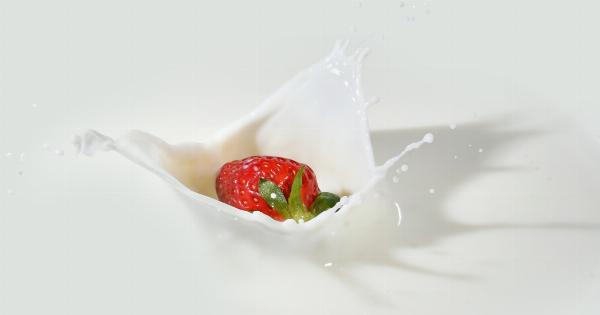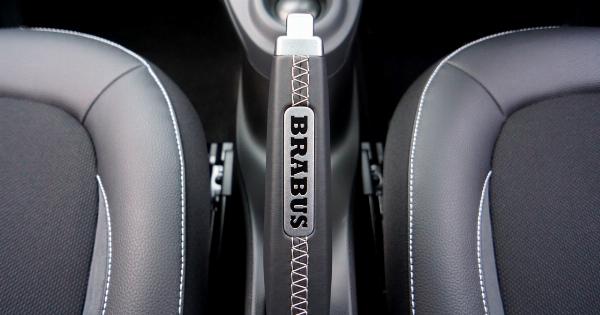Diabetes Mellitus is a chronic disease that affects millions of people worldwide. It is a condition in which the body cannot properly use glucose, a form of sugar that is the major source of energy for the body’s cells.
There are two types of diabetes mellitus, type 1 and type 2. Type 1 diabetes is an autoimmune disease that affects the insulin-producing cells in the pancreas, while type 2 diabetes is a metabolic disorder that occurs when the body becomes resistant to insulin or does not produce enough insulin.
Alcohol consumption has been shown to affect glucose metabolism and insulin sensitivity, which are important factors in the development and management of diabetes mellitus.
In this article, we will explore the relationship between alcohol and diabetes mellitus, and provide recommendations for finding the right balance between alcohol consumption and diabetes management.
Effects of Alcohol on Glucose Metabolism
When alcohol is consumed, it is metabolized in the liver. This process can lead to a decrease in blood glucose levels, which can be dangerous for people with diabetes mellitus.
In addition, alcohol consumption can lead to an increase in insulin secretion, which can also lower blood glucose levels. This effect can be more pronounced in people who take insulin or other insulin-stimulating medications.
On the other hand, excessive alcohol consumption can lead to an increase in blood glucose levels. This is because alcohol is high in calories and can lead to weight gain, which is a risk factor for type 2 diabetes.
In addition, excessive alcohol consumption can lead to the development of insulin resistance, which can further increase blood glucose levels and increase the risk of developing type 2 diabetes.
Alcohol and Diabetes Medications
Alcohol consumption can also have an impact on the effectiveness of diabetes medications.
For example, drinking alcohol while taking certain medications, such as metformin, can lead to an increased risk of lactic acidosis, a serious and potentially life-threatening condition. In addition, alcohol can interact with other diabetes medications, such as sulfonylureas, which can lead to low blood glucose levels.
It is important for people with diabetes mellitus to talk to their healthcare provider about the potential risks associated with drinking alcohol while taking diabetes medications.
Healthcare providers may recommend adjusting medication dosages or avoiding alcohol altogether.
Managing Alcohol Consumption with Diabetes Mellitus
For people with diabetes mellitus who choose to drink alcohol, it is important to do so in moderation and to take steps to manage blood glucose levels. Moderation is typically defined as one drink per day for women and two drinks per day for men.
One drink is equal to 12 ounces of beer, 5 ounces of wine, or 1.5 ounces of liquor.
It is also important to monitor blood glucose levels before and after drinking alcohol. Blood glucose levels should be checked before consuming alcohol and again several hours after drinking to ensure that levels are within the normal range.
If blood glucose levels are low, it may be necessary to consume a snack or meal before drinking alcohol to prevent a dangerous decrease in blood glucose levels.
In addition, it is important to choose the right types of alcohol. Beer and sweet wine are high in carbohydrates and calories, which can increase blood glucose levels.
It is recommended that people with diabetes mellitus choose dry wines, light beers, or spirits mixed with calorie-free mixers instead.
Final Thoughts
In conclusion, alcohol consumption can have both positive and negative effects on glucose metabolism and insulin sensitivity, which are important factors in the development and management of diabetes mellitus.
For people with diabetes mellitus, it is important to find the right balance between alcohol consumption and diabetes management. This may involve limiting alcohol intake, monitoring blood glucose levels, and choosing the right types of alcohol. It is important to talk to a healthcare provider about any concerns or questions related to alcohol consumption and diabetes management.































